News & Updates
Stay informed with the latest updates, insights, and stories from Ingenuity’s work across Chicago’s arts education community.

-
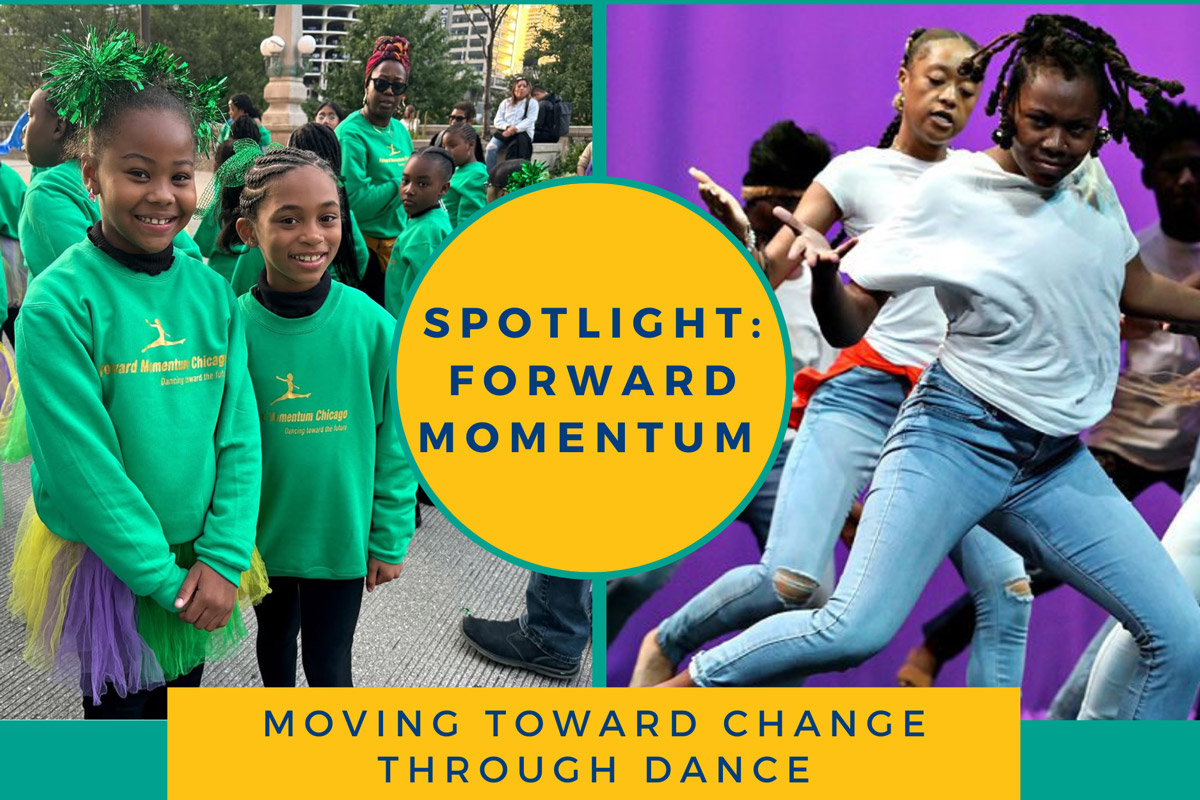 Impact Stories
Impact StoriesMoving Toward Change with Forward Momentum
View -
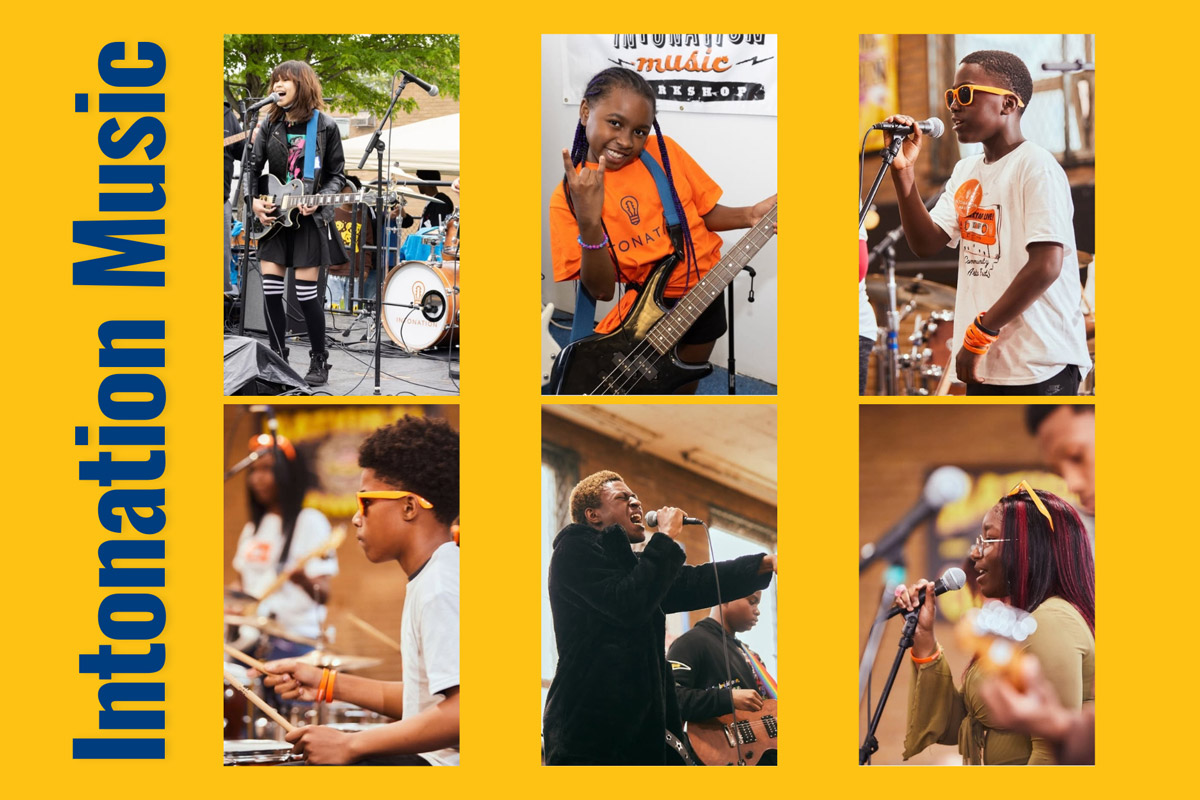 Impact Stories
Impact StoriesStriking the Right Chord at Intonation Music
View -
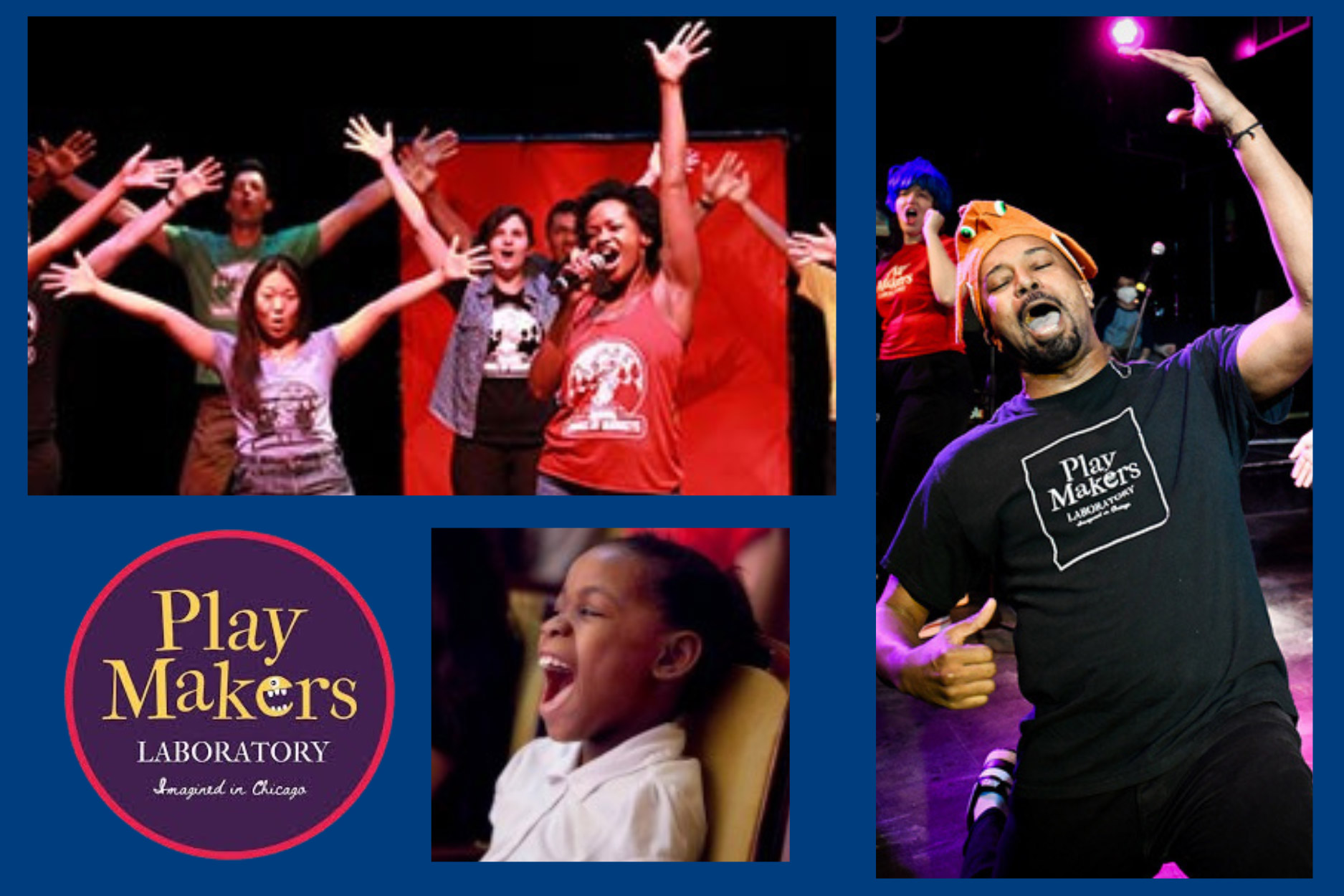 Impact Stories
Impact StoriesUnlocking the Power of Four with Playmakers Laboratory
View -
 Impact Stories
Impact StoriesBuilding Dreams Through Every Note with Uniting Voices Chicago
View -
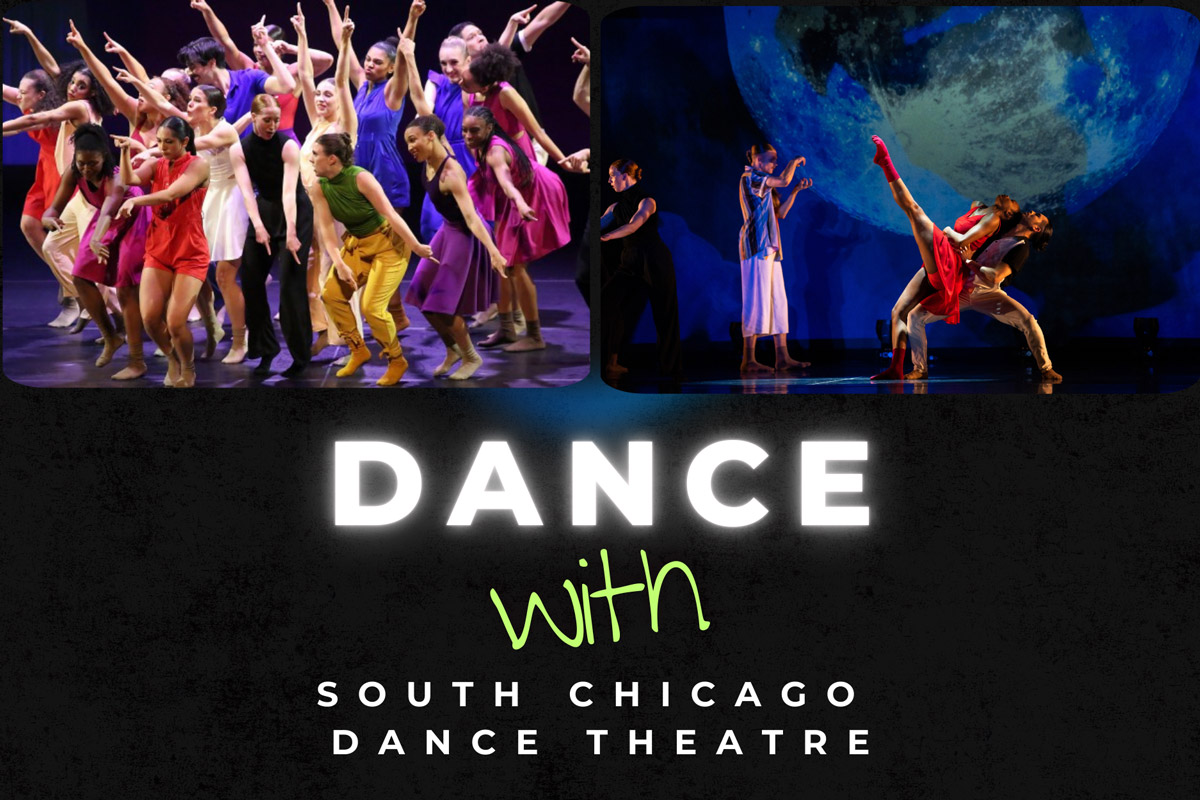 Impact Stories
Impact StoriesFrom the Classroom to the Stage with South Chicago Dance Theatre
View -
 News & Updates
News & Updates2023-24 SOTA Released with a New Toolkit
View -
 News & Updates
News & UpdatesInspiring Creativity: 11 Years of Supporting Arts Education in Chicago Public Schools Through the Creative Schools Fund
View -
 News & Updates
News & UpdatesCreative Schools Fund Invests $1.8 Million to Enrich Arts Education in 130 Chicago Public Schools
View -
 News & Updates
News & Updates99% of CPS Schools Submit Annual Arts Education Data
View -
 News & Updates
News & UpdatesCelebrating Two Years of Ingenuity’s Equity Action Plan
View -
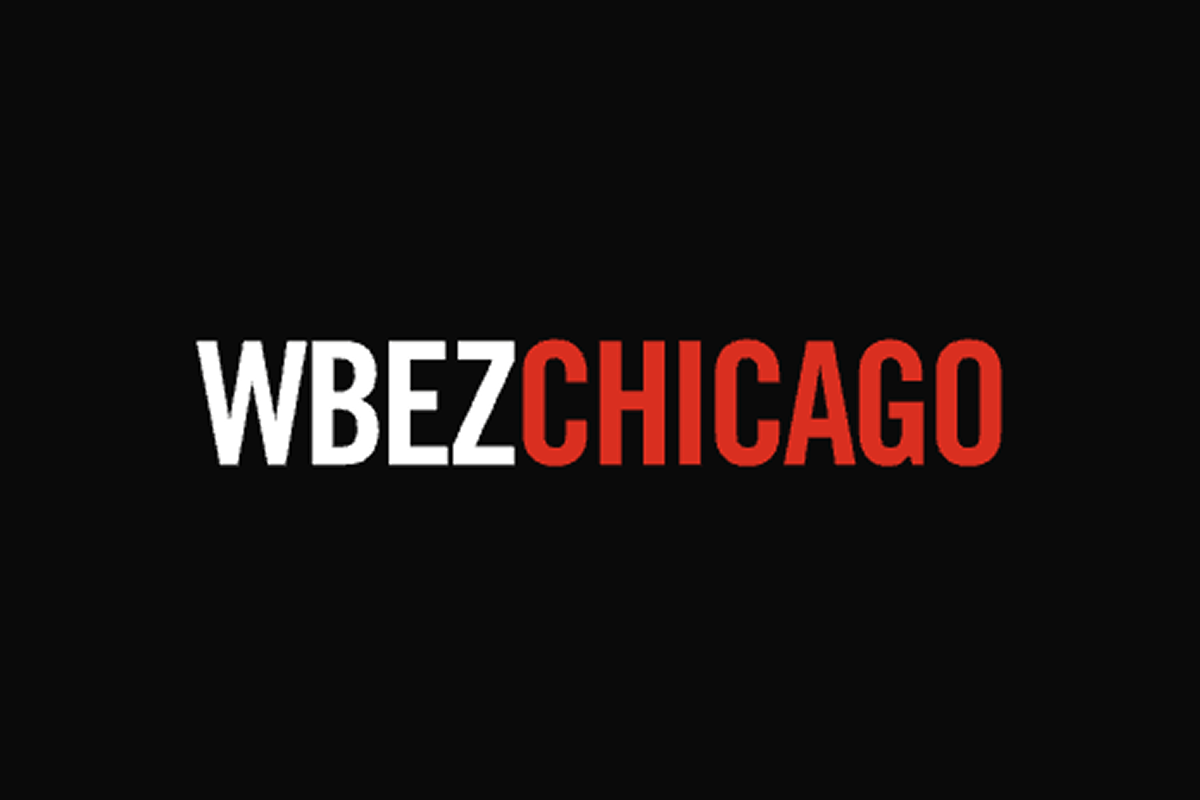 Press & Media
Press & MediaMore arts classes in CPS schools is an easy sell. Paying for it and finding teachers is the real feat.
View -
 Press & Media
Press & MediaWBEZ Newscast for Thursday, April 11, 2024, 8:00 am
View
